


A comprehensive review by researchers in Brazil and elsewhere provides a wealth of information about the effects on the organism of remaining seated for much of the day, and calls for more research to analyze the effectiveness of interventions to reduce or interrupt sedentary behavior.

Researchers at the Federal University of São Paulo conducted experiments involving rats to analyze the effects of a high-fat high-sugar parental diet. The results suggested that ingestion of hypercaloric food by male progenitors favors weight gain and a build-up of body fat in their offspring.
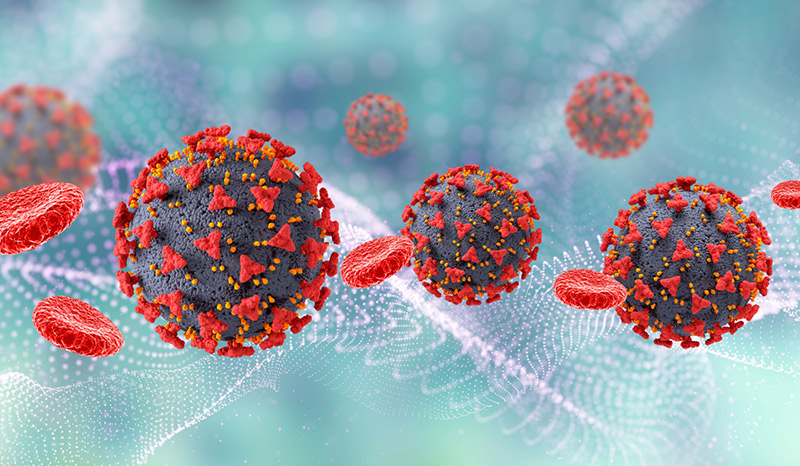
A study conducted at the University of São Paulo helps explain why older people are more susceptible to the severe form of the disease and why it involves blood clotting disorders.
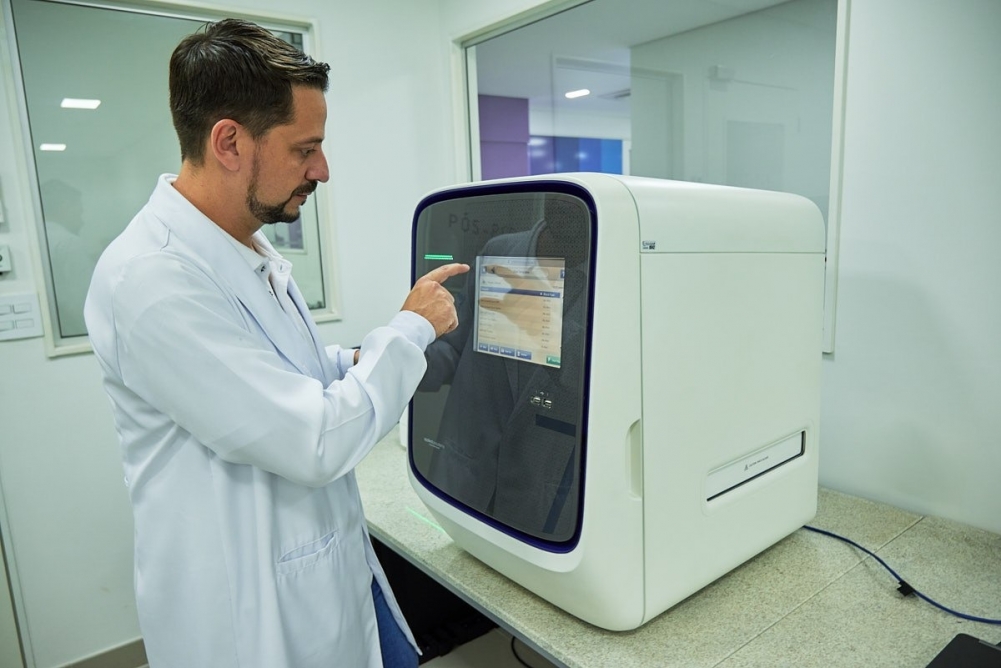
Technology developed with FAPESP’s support was the winner in the “Technological Innovation” category. Also, a University of São Paulo study that found a molecule capable of killing leukemic cells was awarded in “Oncology Research” category.
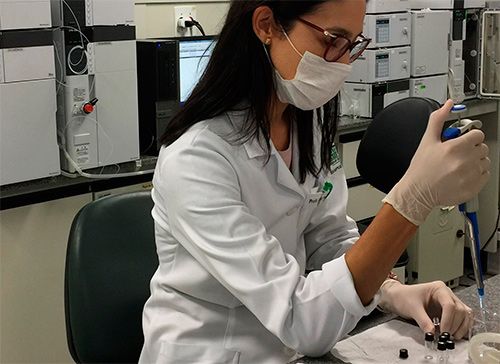
Researchers at the Federal University of São Paulo analyzed saliva, oral microbiota and dental health of volunteers who were preparing for gastroplasty and after the operation. The results showed an increase in caries and periodontitis, as well as alterations in salivary inflammatory markers.

In experiments with mice, researchers at the State University of Campinas observed alterations in feed consumption, weight gain, anxious behavior and an increase in central nervous system, adipose tissue and liver inflammation.
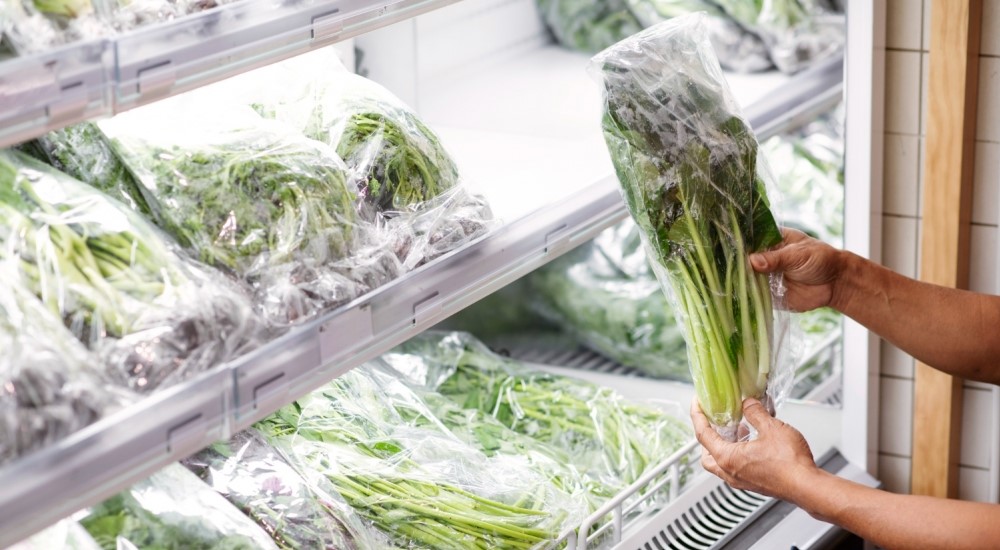
A review of research on minimally processed vegetables highlights cases of unsatisfactory microbiological safety and calls for best practice assurance throughout the supply chain.
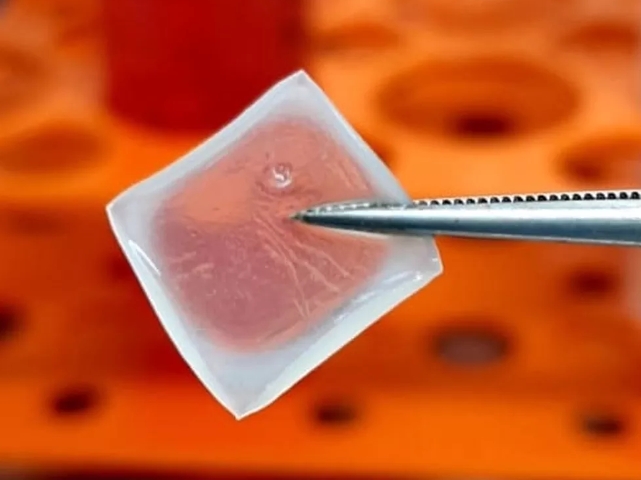
With FAPESP’s support, the startup developed a smart biodressing produced by 3D printing and designed to accelerate skin wound healing. It will compete for a Global eAward in October.
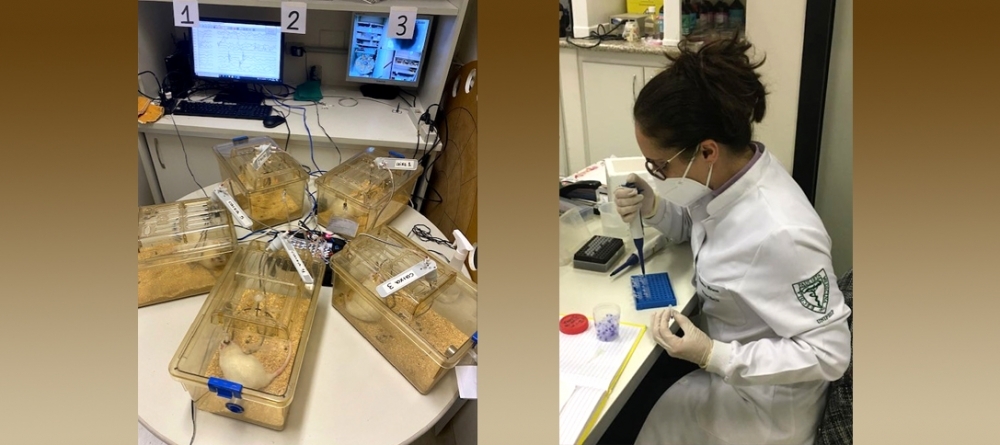
Experiments with rats at the Federal University of São Paulo suggest that the technique promotes reprogramming of the neurons affected by the disease, making them return to a normal state and interrupting seizures. Increased production of adenosine appears to play a key role in the process.
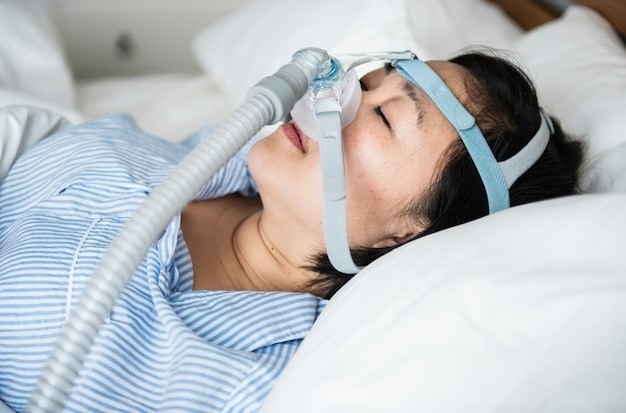
In a study involving 46 volunteers, researchers at the Federal University of São Paulo found that telomere shortening, a biomarker of cellular aging, accelerated in untreated obstructive sleep apnea patients, whereas continuous positive airway pressure attenuated the damage.

A collaborative study by Brazilian and British researchers shows for the first time that obesity can cause a lack of vitamin D and not the other way around. The risk of vitamin D insufficiency and deficiency in subjects with abdominal obesity was 36% and 64% higher respectively than in those without.
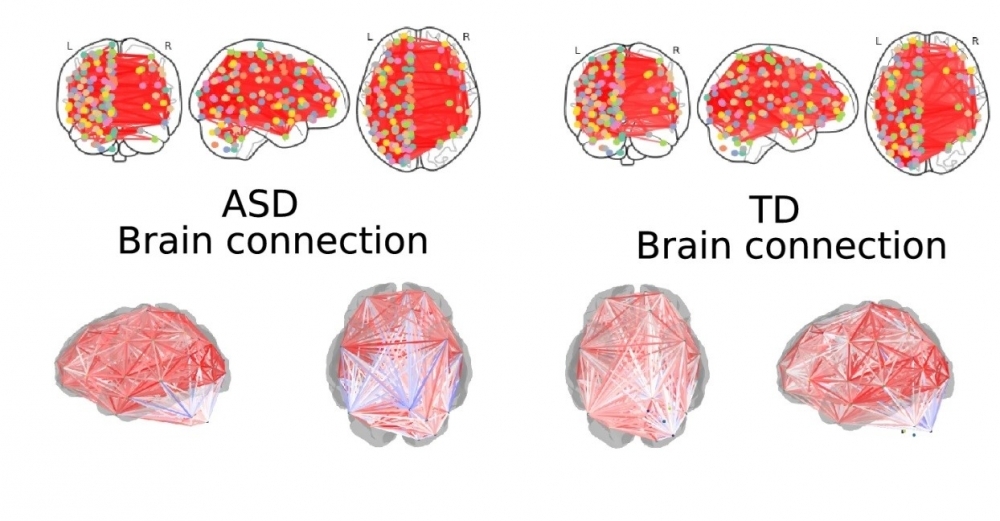
Researchers used magnetic resonance imaging to train a machine learning algorithm to help diagnose autism. The study involved physicists, statisticians, physicians and neuroscientists from centers in Brazil, France and Germany.

Researchers at the University of São Paulo analyzed inflammatory markers in cyclists who trained regularly and had been exposed to traffic-related pollution. The results of the experiment, which was conducted in São Paulo city, are published in the American Journal of Physiology.
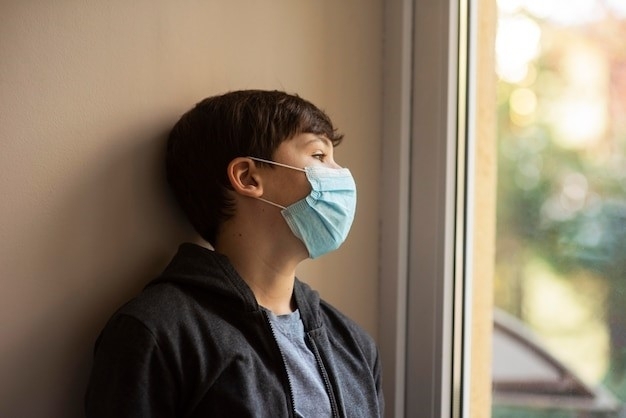
The aim of the study is to understand the strategies used by children and young people in low-income households to adapt to the public health crisis and economic hardship in the UK, South Africa and Brazil.
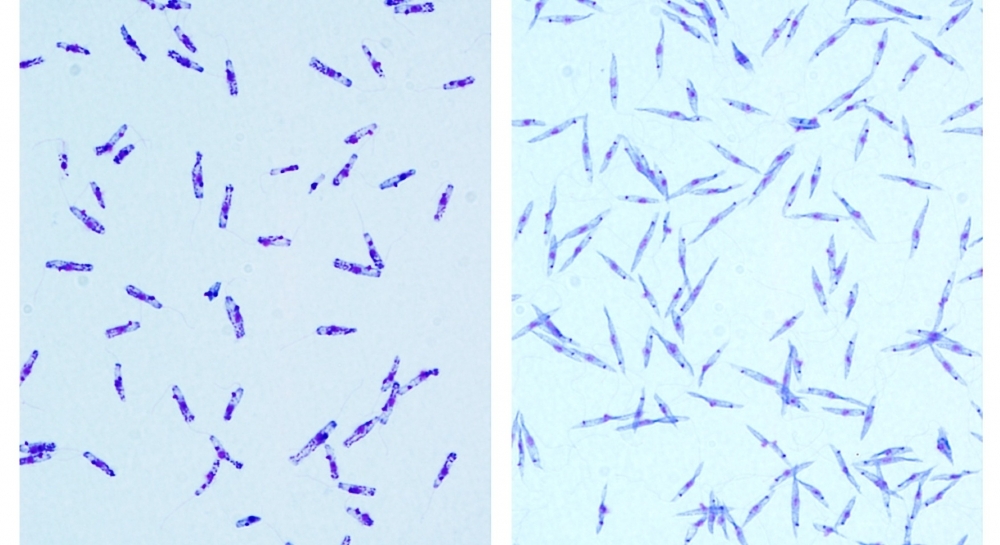
Genome sequencing of clinical samples from a child hospitalized in Aracaju, the capital of Sergipe state (Brazil), revealed the simultaneous presence of the protozoan Leishmania infantum and an as-yet unnamed parasite belonging to the genus Crithidia, identified earlier in a fatal case of visceral leishmaniasis in the same region.
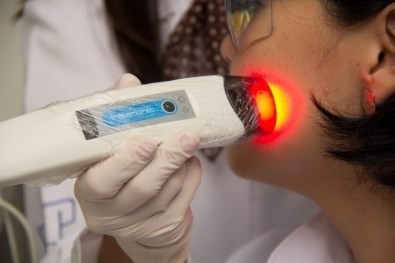
Photodynamic therapy developed by the Center for Research in Optics and Photonics, which is supported by FAPESP, has been recommended by Brazil’s federal body responsible for including novel healthcare technologies in the national health service.

The first-ever study of dark kitchens conducted in Brazil collected data on 22,520 establishments located in three cities in São Paulo state and listed by iFood. An article on the study offers a profile of these delivery-only restaurants, which proliferated during the pandemic.
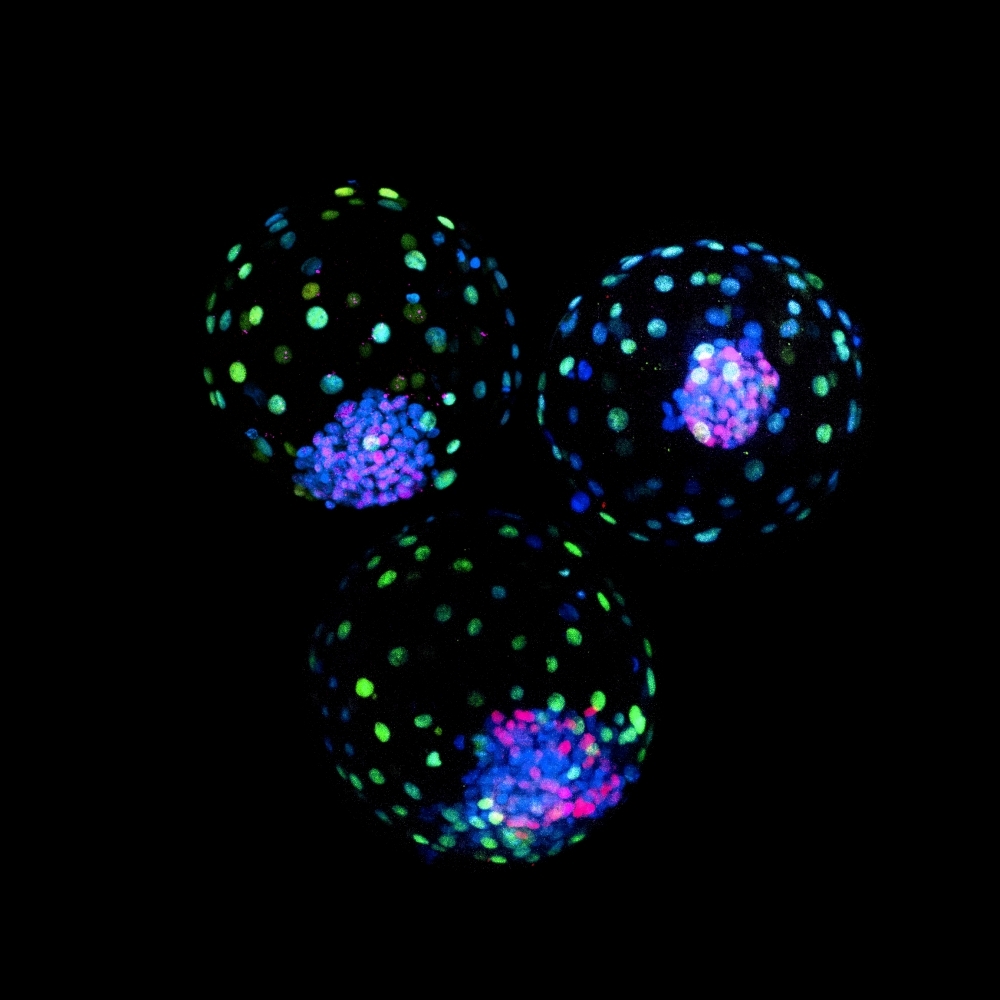
The results pave the way for breeding of cattle with selected traits. Preliminary work findings for human embryo models recently published by international groups could contribute to the understanding of congenital defects and early pregnancy loss.
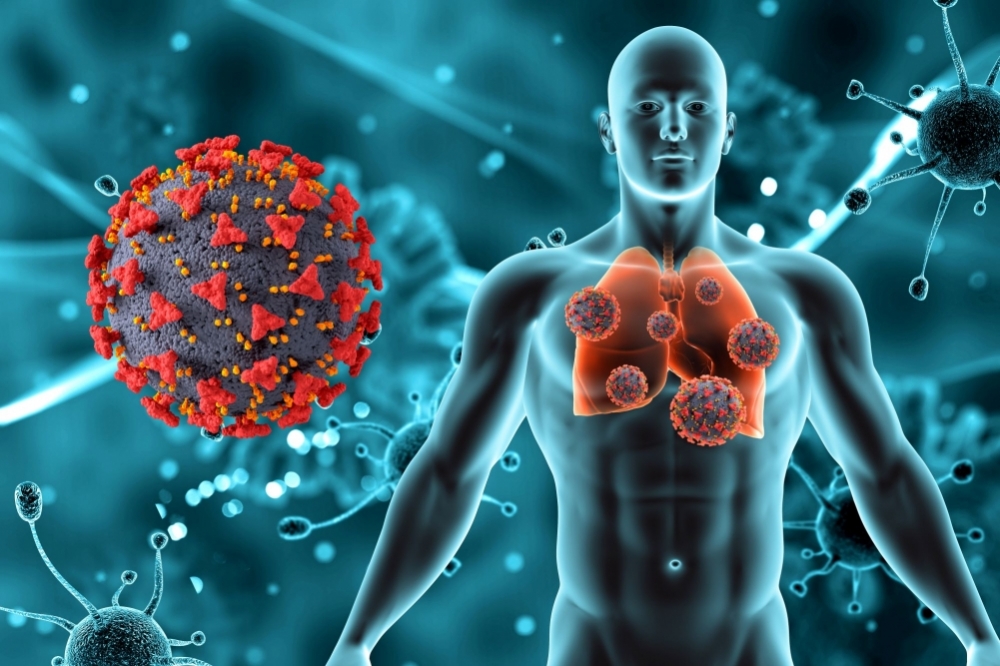
A team affiliated with a FAPESP-supported research center showed in mice that molecules capable of preventing the peptide C5a from binding to its cellular receptor helped prevent lung damage and other complications typical of severe COVID-19.
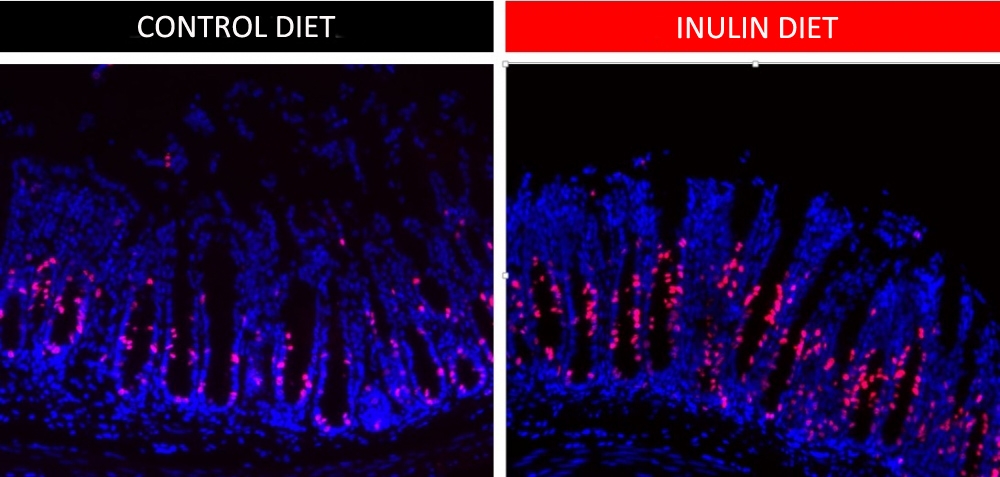
In experiments conducted at the State University of Campinas (Brazil), intestinal epithelial stem cells proliferated more in mice fed an inulin-rich diet than in mice given insoluble fiber. The study also showed that the beneficial effects depended on interaction with gut microbiota.
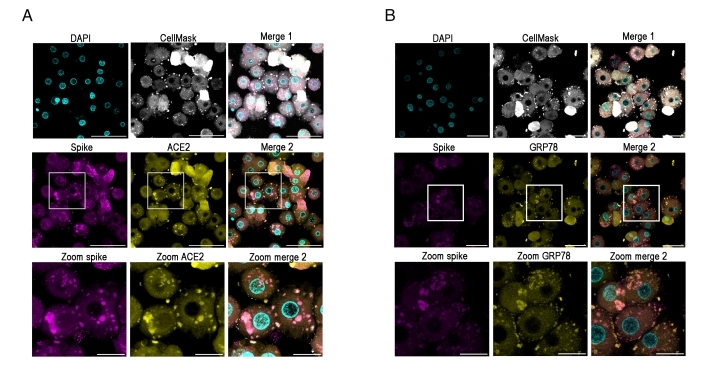
A study conducted at the University of São Paulo and reported in PNAS explains hyperglycemia in hospitalized patients and shows how SARS-CoV-2 causes symptoms similar to those of diabetes.
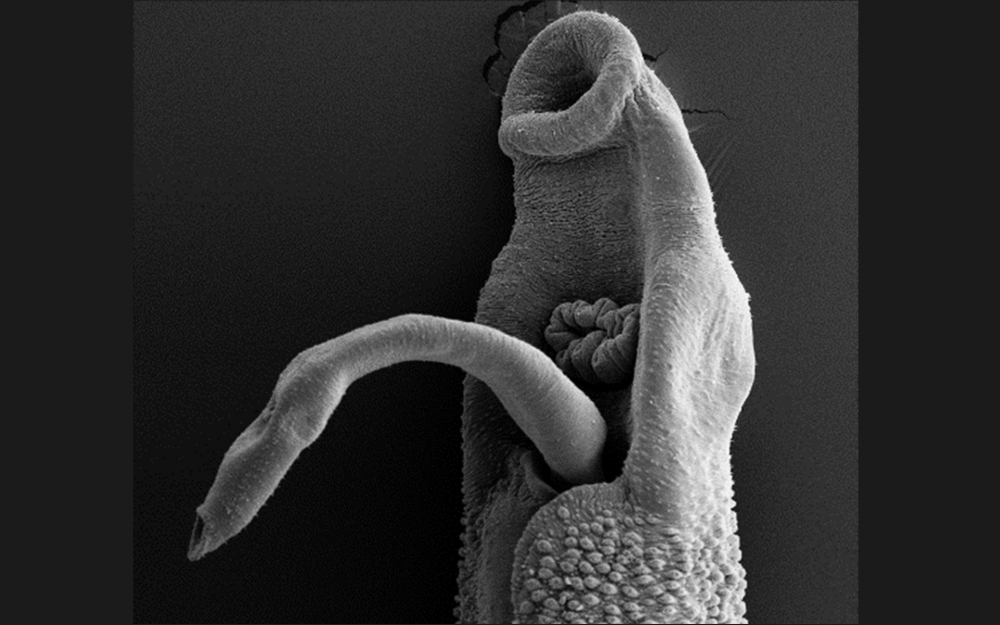
Researchers at Butantan Institute in São Paulo, Brazil, discovered that survival of the parasitic worm that causes the disease depends on expression of a specific type of RNA. In animal trials, inhibition of the molecule interrupted the infection.
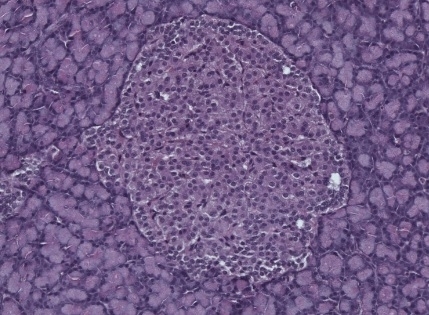
Researchers at the University of São Paulo observed the effects of adiponectin in trials involving blood samples from lean and obese subjects. The discovery points to novel routes to treatment for type 2 diabetes and related dysfunctions.
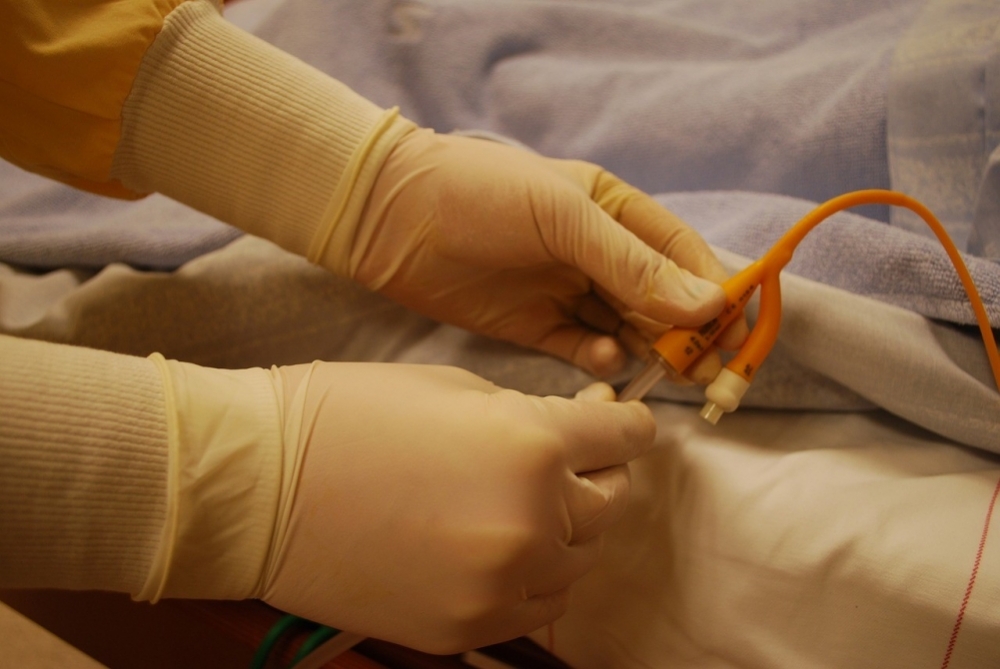
A study conducted at the Federal University of São Paulo shows that 20% of patients with bloodstream infections are not treated, and at least half of those treated die. Diagnostic techniques must improve, the authors warn.
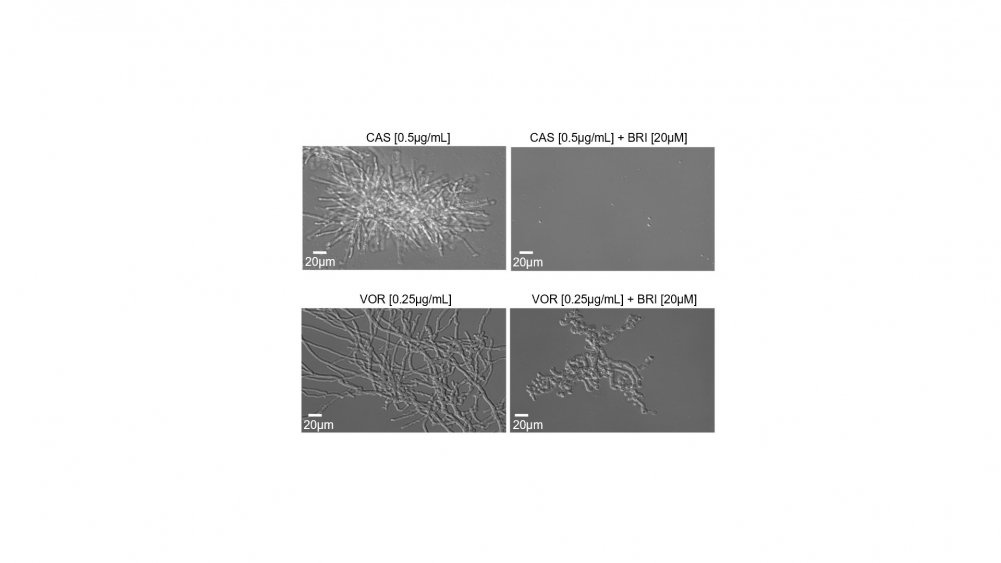
Combinations of antifungals with brilacidin, a drug undergoing clinical trials for other diseases, cleared up lung infections in animals. On its own, the candidate drug treated a fungal disease of the cornea that affects millions of people worldwide.